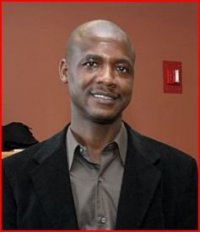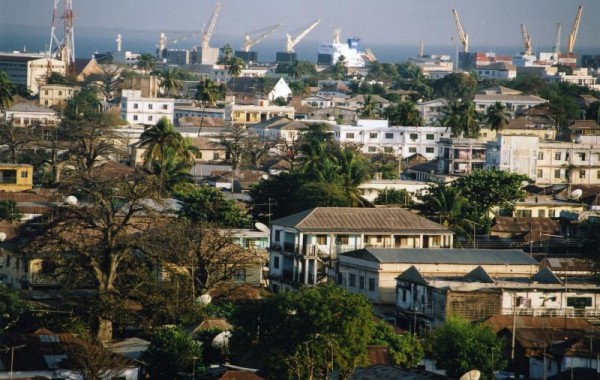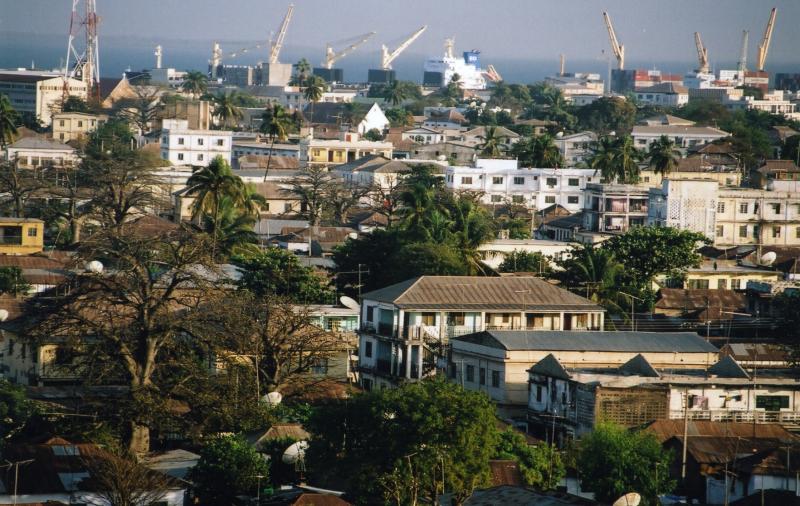
There is a worldwide trend towards millionaires and billionaires giving away a substantial portion of their wealth to worthy causes and philanthropy. This movement is catalyzed by the “Giving Pledge” started by Warren Buffet and Bill Gates. So far, over 164 billionaires have signed the giving pledge. The aim of the pledge is to encourage philanthropy, even if one is not a billionaire. Patrice Motsepe, the South Africa mining magnate was the first African billionaire to sign the pledge.
Last week, former New York mayor (and potential 2020 Democratic presidential candidate) Michael Bloomberg has given $1.8 billion to his alma mater, Johns Hopkins University in Baltimore, to use for financial aid. This is a momentous gift. Veteran education reporter Nick Anderson writes that it is “believed to be the largest private donation in modern times to higher education.”
And it comes with a high-minded rationale. Bloomberg explains in a New York Times op-ed, “This will make admissions at Hopkins forever need-blind; finances will never again factor into decisions. The school will be able to offer more generous levels of financial aid, replacing loans for many students with scholarship grants. It will ease the burden of debt for many graduates. And it will make the campus more socioeconomically diverse”. Bloomberg quoted.
Gambian activists Marie Cham posted on social media that two anonymous philanthropists donated to a school in Rhodes Island recently and it reads: “This Thanksgiving, I have an extraordinary reason to be grateful: two anonymous donors have given a total of $8.9 million to our school! I am thrilled to announce that their generosity provides a major leap forward in scholarship funding and ensures that our long-held dream of renovating the lower school becomes reality”. The generosity of Americans will always be a critical piece of philanthropy, as it should be. Philanthropy can be a moral indicator for the places where policy and the free market are falling short. It can point to areas that need attention and lead lawmakers to solutions. Philanthropy can fill short-term gaps and work in concert with other public and private efforts.
Those American thoughtful gifts will not end inequality, but it will make college possible for more deserving young people today. It will get deserving students a little closer to that American ideal of access for all. Now let’s keep going. The next step in expanding access must be expanding it for more kinds of students and at more kinds of schools. The future needs big thinkers of every stripe.

In 2013, Patrice pledged half of his USD2.6 billion to charity through the Motsepe Foundation. He has since been joined by telecom billionaire Mo Ibrahim and Mohamed Dewji head of the USD1.25 billion MeTL Group of Tanzania. Mohamed launched his foundation in 2015 and is expected to give away over US$100 million of his fortune.
On giving away nearly all his wealth away, Bill Gates once wrote, “We think that’s a basic responsibility of anyone with a lot of money. Once you’ve taken care of yourself and your children, the best use of extra wealth is to give it back to society.”
The psyche of the Banjul “millionaire” is different. Deeply driven by the scarcity mentality. It is said that people with a scarcity mentality have a very difficult time-sharing recognition and credit, power or profit. Most philanthropic activities of the Banjul “millionaire” are a pale shadow in comparison to their net worth. An occasional contribution to a Mosque construction, donating Hajj tickets to Mecca. Donating dates and praying mats or the now tired “I am paying school fees for orphans.” Faceless orphans. Many have fake philanthropic foundations named after them, which are essentially money laundering vehicles for tax avoidance purposes.
Vanity follows the Gambian “millionaire” even in their sunset years. In the midst of imminent death, they will still be chasing young girls and impressing mistresses, buying fleets of Bentleys, Aston Martins, and Mercedes Benz Maybachs that they will never drive. The Banjul “millionaire” will be invested in a collection of vintage wine and expensive alcohol that will never find way past their shrinking throats.
On their deathbeds, shares and other assets will still be in their names. They are prepared to literally take their wealth to the grave. As the heart grows unsteady and shaky, they will seek to expand their mansions, so that when they die, mourners can be in awe of their “big” houses and homes. The Banjul “millionaire” simply does not know how to give and when to stop.
The Banjul “millionaire” is complicated……





